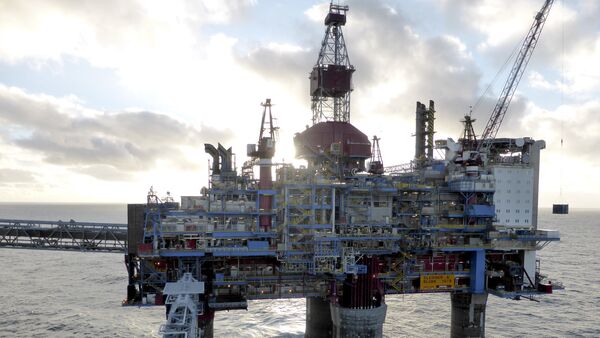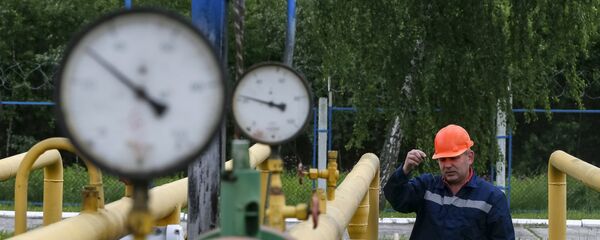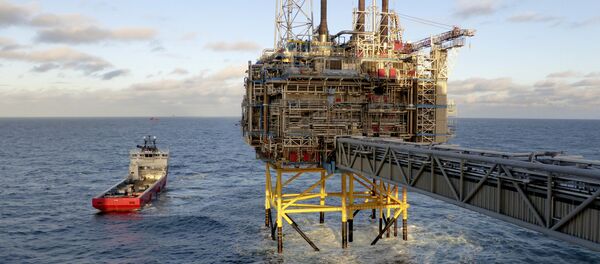"New exploration areas are crucial for long-term activity, the creation of value and profitable employment in the petroleum industry across the country," Petroleum and Energy Minister Terje Søviknes told Norwegian national broadcaster NRK.
The 93 blocks proposed in the Barents Sea beat the previous record of 72 blocks previously offered. The NDP stated that it was important to facilitate exploration in the area, citing a great interest, which also reflected the notion that 2017 was about to become a record year for exploration in the Barents Sea.
Needless to say, these plans drew bitter criticism from the country's environmentalists, who ventured that Norway was ignoring the 2015 Paris Climate Agreement.
"This is utter madness! More oil drilling in the Arctic is incompatible with reaching the climate targets of the Paris Agreement. Terje Søviknes gives full throttle for the drilling in pristine areas in the Arctic, and does not care for the future of us living today," Nature and Youth leader Ingrid Skjoldvær told NRK.
"The government is talking about 'green change,' but drowns the Paris Agreement in oil instead. Our posterity will be judged harshly over the government's oil policy," Silje Ask Lundberg said.
Her predecessor Lars Haltbrekken, concluded that the government violated all environmental hazard imaginable in drilling for oil in vulnerable areas,
He refers to the consultation round, where the Directorate of Fisheries disregarded seismic activity in 16 of the announced blocks. The Environmental Directorate advises, noting to announce the 20 blocks that are now illuminated around Bjørnøya. The Polar Institute disregarded oil activities in 28 of the announced blocks.
"The government is gambling with our vulnerable sea and clearly prioritizes the oil industry above the interests of the fisheries, sea life and our precious nature," Lars Haltbrekken told NRK.
"It is crucial for Norway to allocate new exploration areas for oil and gas. This will help Norway to maintain its production of oil and gas for the world. New findings generate enormous revenues for Norwegian society," Managing Director Karl Eirik Schjøtt Pedersen said.
Meanwhile, Norway is aiming to shrink its own carbon emissions by 40 percent, exceeding the EU targets. However, oil and gas remain vital to Norway's economy, representing 12 percent of the GDP and more than a third of Norwegian exports, according to the NPD.
According to Former Statoil Economist Klaus Mohn of Petroleum Economics at the Business School at the University of Stavanger, the possible oil revenues from the Lofoten Islands alone, which are prized as being among Norway's most picturesque areas, as well as an ecologically sensitive cod breeding ground, could yield 4 billion NOK ($500mln), Norwegian newspaper Aftenposten reported.





